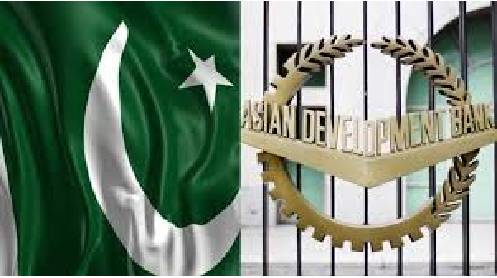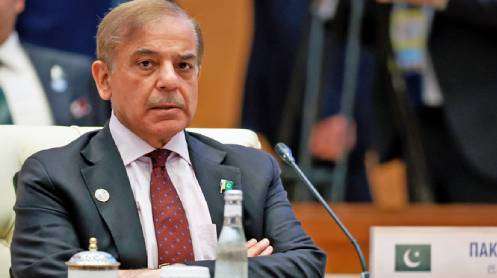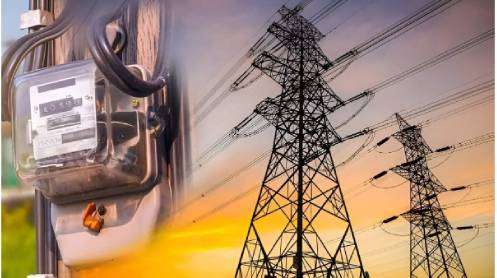Highlighting new initiatives, Mr Aurangzeb announced the establishment of the Virtual Asset Regulatory Authority (VARA) through an ordinance to oversee crypto and digital assets, alongside the creation of the Pakistan Crypto Council to guide responsible ecosystem development. Formal legislation would follow soon, he said, viewing digital finance as a key catalyst for climate-linked investment.
He cited several major financing commitments, including a $1.3 billion climate financing arrangement with the IMF, a $500 million pledge from the Asian Development Bank (ADB), and the World Bank’s 10-year Country Partnership Framework, expected to provide $2 billion annually. The government also plans to issue Panda Bonds in the Chinese capital market to diversify funding sources.
Financing the Climate Transition
SDPI Executive Director Dr Abid Qaiyum Suleri underscored that “financing is the backbone of all climate action,” noting that while developed nations pledged $1 trillion under the Paris Agreement, only $300 billion — mostly in blended finance — has materialised.
He posed key questions on Pakistan’s path forward: “Can the public sector absolve itself of responsibility? How much can the private sector contribute? And will blended finance really work in Pakistan?”
Chairman of the Pakistan Banking Association and CEO of Bank of Punjab, Zafar Masud, proposed the creation of a Regional Climate Bank to coordinate South Asia’s climate finance efforts. He also called for embedding climate finance mechanisms under the 27th Constitutional Amendment to ensure long-term policy continuity.
Additional Secretary and Head of Climate Finance at the Ministry of Climate Change, Zulfiqar Younas, highlighted the importance of circularity for resource-scarce economies like Pakistan, stressing, “We cannot afford wastage.” He urged greater regional collaboration for a climate-resilient, circular development model.
Dr Pushpam Kumar, Chief Environmental Economist at UNEP, urged South Asian and African economies to leverage blended finance to maximise limited public funds. He called for credible carbon pricing, policy coherence, and a shift beyond GDP as the sole indicator of progress. “Countries must measure inclusive wealth — encompassing natural, human, and produced capital — to truly gauge sustainable development,” he said.
Story by Mubarak Zeb Khan







